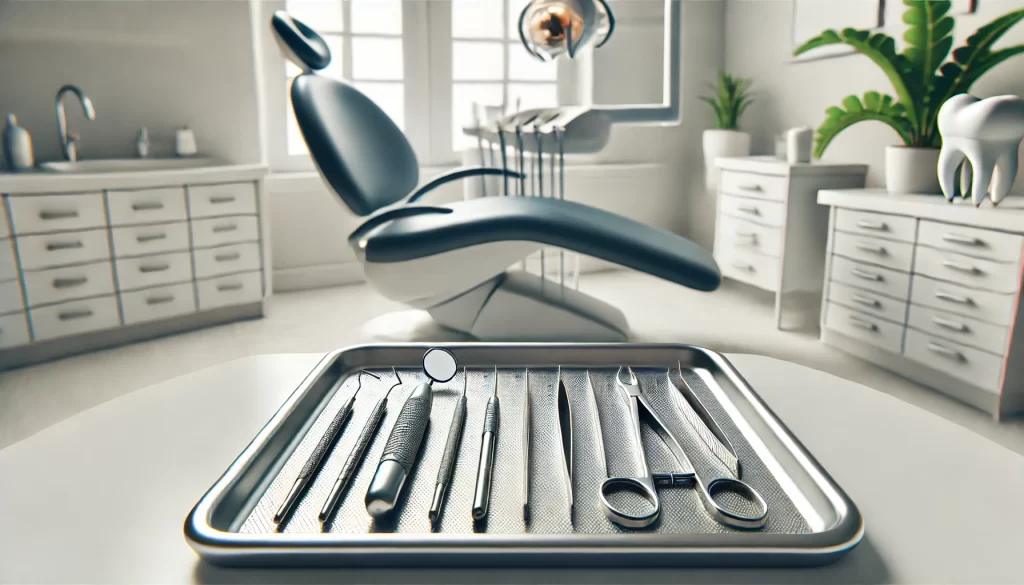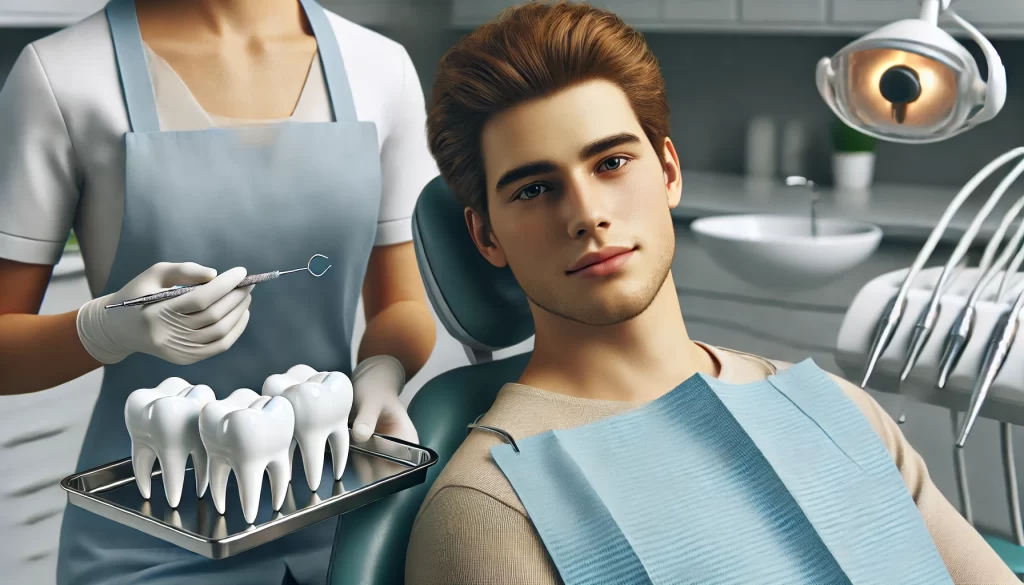Table of Contents
Have you ever pondered? “How many wisdom teeth can you have?” You’re not alone! Many people are curious about these mysterious molars, which causes more questions than answers. The final teeth that erupt in a person’s mouth are called wisdom teeth or third molars. But how many of these teeth can a person have? The answer might surprise you! In this article, we’ll explore everything you need to know about wisdom teeth, from the number you can have to what happens if they need to be removed. Let’s dive in!
How many wisdom teeth can you have? What are wisdom teeth?

How many wisdom teeth can you have? The third set of molars, known as wisdom teeth, typically erupt between the ages of 17 and 25. These teeth are located at the very back of your mouth, one in each corner, making up four wisdom teeth. However, not everyone has four wisdom teeth. Some people have fewer, and some have none at all! This variation is perfectly normal and depends on your genetics and other factors.
How many wisdom teeth can you have?
How many wisdom teeth can you have? Now, let’s answer the big question: How many wisdom teeth can you have? Four wisdom teeth, one in each corner of the mouth, are present in most people. However, it’s not uncommon for some people to have fewer. Some might have three, two, or even just one wisdom tooth. Interestingly, there are cases where people have more than four wisdom teeth. These extra teeth are called “supernumerary” wisdom teeth; while rare, they exist.
Why Do Some People Have More or Fewer Wisdom Teeth?
How many wisdom teeth can you have? The number of wisdom teeth a person has is mainly determined by genetics. You might inherit this trait if your parents or grandparents had fewer or more wisdom teeth. Evolution also plays a role. Over time, as human diets have changed, our jaws have become smaller, and there’s less room for extra teeth. This is why some people don’t develop all four wisdom teeth or any at all.
What Happens When You Have Extra Wisdom Teeth?
If you have more than four wisdom teeth, your dentist may need to monitor them closely. Extra wisdom teeth can cause crowding, push other teeth out of alignment, or even lead to pain and infection. In such cases, your dentist might recommend removing these extra teeth to prevent future problems.
Do you need to remove your wisdom teeth?

How many wisdom teeth can you have? Wisdom teeth extractions are not always necessary. If your wisdom teeth grow properly and don’t cause any issues, they can stay in place for a lifetime. However, many people experience problems such as impaction, where the wisdom teeth don’t have enough room to emerge and get stuck in the gums or jawbone. Wisdom teeth that are impacted can hurt, bulge, and potentially harm neighboring teeth. In these cases, removal is often the best option.
Signs That Your Wisdom Teeth Need to Be Removed
How many wisdom teeth can you have? How can you tell if you should get your wisdom teeth extracted? Here are some common signs:
- Pain or discomfort: Persistent pain in the back of your mouth might indicate that your wisdom teeth are causing problems.
- Swelling or redness: Swelling around the gums where the wisdom teeth are trying to emerge could be a sign of impaction or infection.
- Crowding: If your other teeth are starting to shift or feel crowded, your wisdom teeth might push them out of place.
- Difficulty opening your mouth: If your jaw feels stiff or sore, your wisdom teeth could be the cause.
If you experience any of these symptoms, seeing your dentist for an evaluation is a good idea.
The Wisdom Teeth Removal Process
If your dentist recommends removing your wisdom teeth, don’t worry! The process is standard and usually straightforward. Here’s what you can expect:
- Consultation: Your dentist will examine your mouth and take X-rays to see the position of your wisdom teeth.
- Preparation: If removal is necessary, your dentist will discuss the procedure with you and answer any questions.
- Surgery: The procedure usually takes an hour and is performed under local anesthesia. If your wisdom teeth are impacted, the dentist may need to make small incisions in your gums to remove them.
- Recovery: After the surgery, you must rest for a few days. Follow your dentist’s instructions for care, such as eating soft foods and avoiding strenuous activity.
Recovery and Aftercare
Recovering from wisdom teeth removal usually takes about a week. During this time, you should:
- Rest: Go easy and steer clear of demanding tasks.
- Eat soft foods: Stick to soup, yogurt, and mashed potatoes.
- Avoid smoking or drinking through a straw: These activities can dislodge the blood clot and delay healing.
- Clean the area: Gently rinse your mouth with salt water to clean the extraction site.
Most people recover fully within a week, but following your dentist’s advice is essential to avoid complications.
Also Read: Can You Go Swimming with an Ear Infection? The Hidden Dangers Revealed!
How many wisdom teeth can you have?
So, how many wisdom teeth can you have? While the typical number is four, it’s possible to have fewer or even more, depending on your genetics. Whether you have one wisdom tooth or four, keeping an eye on them as they develop is essential. If they cause problems, don’t hesitate to talk to your dentist about your options. Wisdom teeth can be a mystery, but they don’t have to be a pain with the proper care.
Understanding how many wisdom teeth you can have and what to do if they cause issues is critical to maintaining a healthy smile. Whether you have no wisdom teeth or a few extras, knowing what to expect can help you make informed decisions about your dental health. Remember, your dentist is your best resource for wisdom teeth, so don’t hesitate to ask questions and seek advice. After all, a healthy mouth leads to a happy life!



